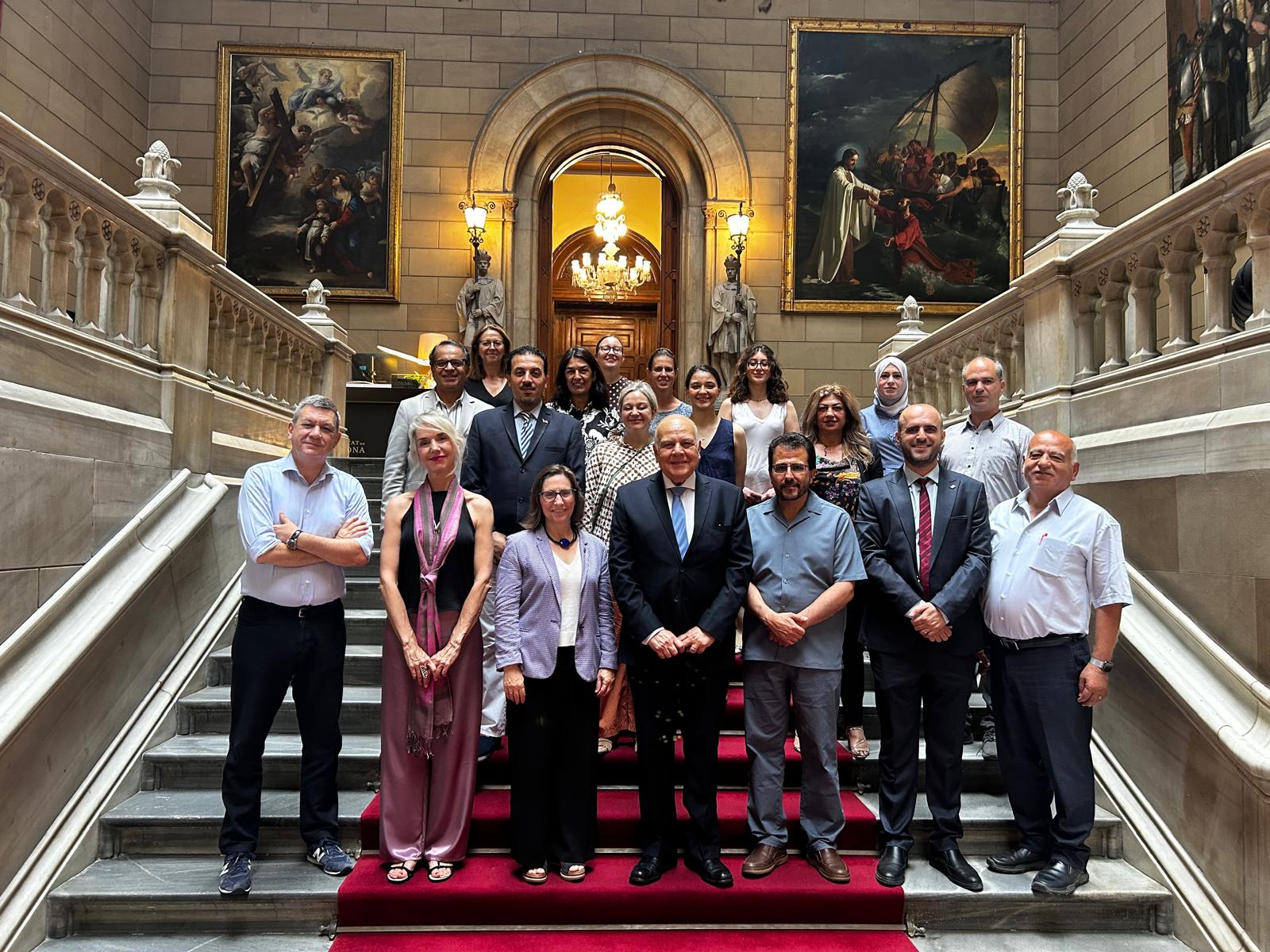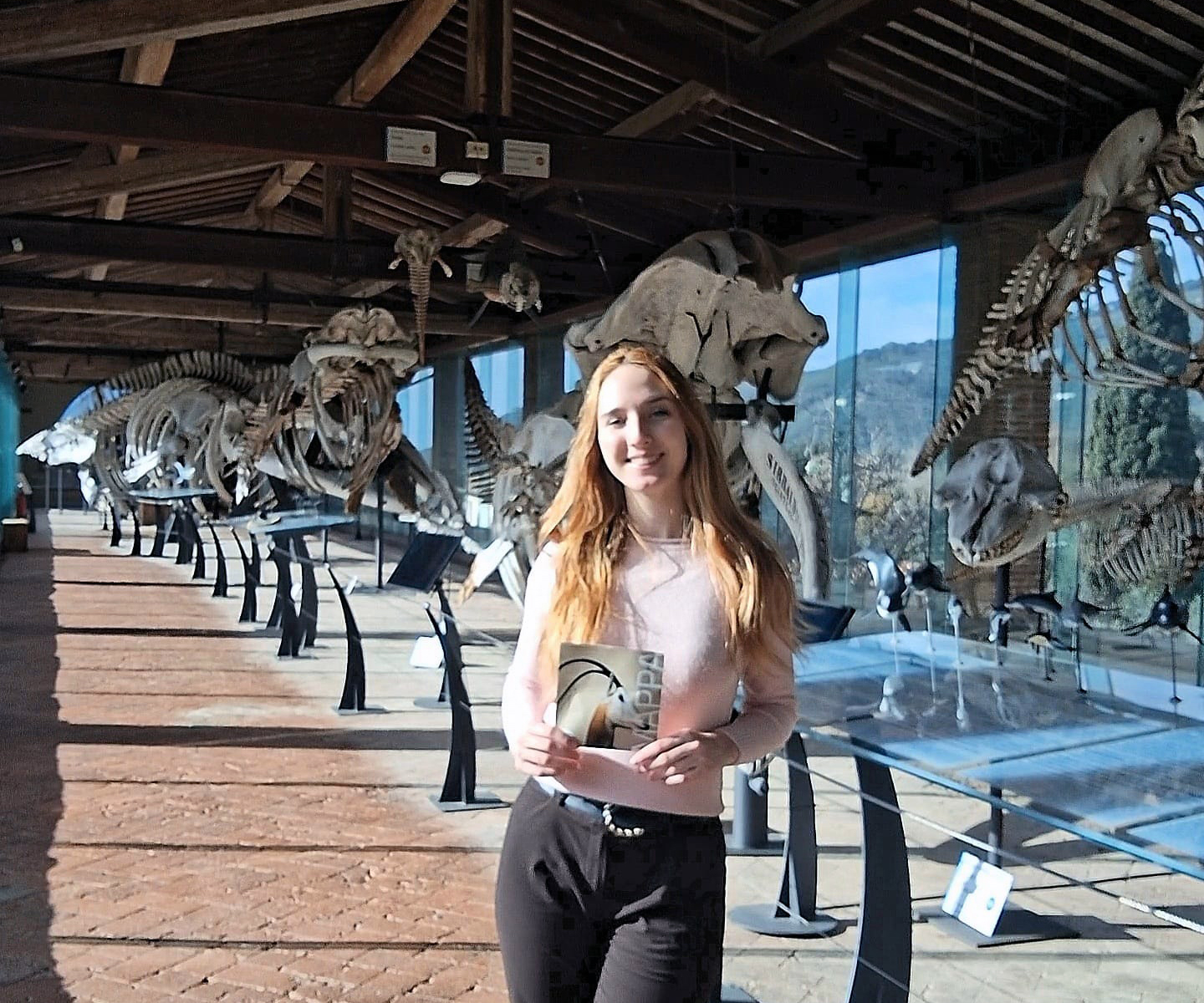The European project BASE has received the UfM label for its work in promoting the Bologna Process in Palestine and Jordan, assisting in the reform process of the higher education systems in the two countries. The Union for the Mediterranean is an intergovernmental institution bringing together the European Union Member States and 16 countries from the Southern and Eastern shores of the Mediterranean to promote dialogue and cooperation.

This important recognition highlights the strong potential of the BASE project to produce concrete results fully aligned with the UfM‘s regional priorities, particularly in the fields of higher education, cooperation, and governance reform.
The University of Pisa, a partner in the BASE project, proudly welcomes this recognition, especially considering the challenges that, because of the socio-political context, the team developing the project’s activities has had to deal with. The BASE project is coordinated by the Palestinian An-Najah National University, and comprises six Jordanian and Palestinian universities, along with their Ministries of Higher Education and their respective Accreditation and Quality Assurance Commissions. Also participating in the project are the Association of Arab Universities; SkyEdu, an educational consultancy; and other European partners: the University of Barcelona, the CIMEA Association, the Fundació Solidaritat Universitat de Barcelona, and UNIMED.
The UfM label recognizes high-quality projects and is awarded to initiatives that promote integration, dialogue, and sustainable development in the Euro-Mediterranean region. In our case, it highlights the BASE project’s ability to have a strong positive impact on the achievement of the UfM‘s objectives: strengthening regional collaboration, and producing concrete results for the broader benefit of the Mediterranean populations.
This recognition represents an important step forward for BASE and its partners, as it rewards their shared commitment to building a more closely interconnected and better integrated Mediterranean higher education area. Furthermore, it strengthens our university’s role as a bridge for the integration and development of higher education throughout the region, promoting the concept of an academic community that not only embraces greater mobility and facilitates the recognition of degrees, but also, and above all, emphasizes as its central philosophy the importance of cooperative efforts to achieve high-quality higher education and foster inclusiveness.



